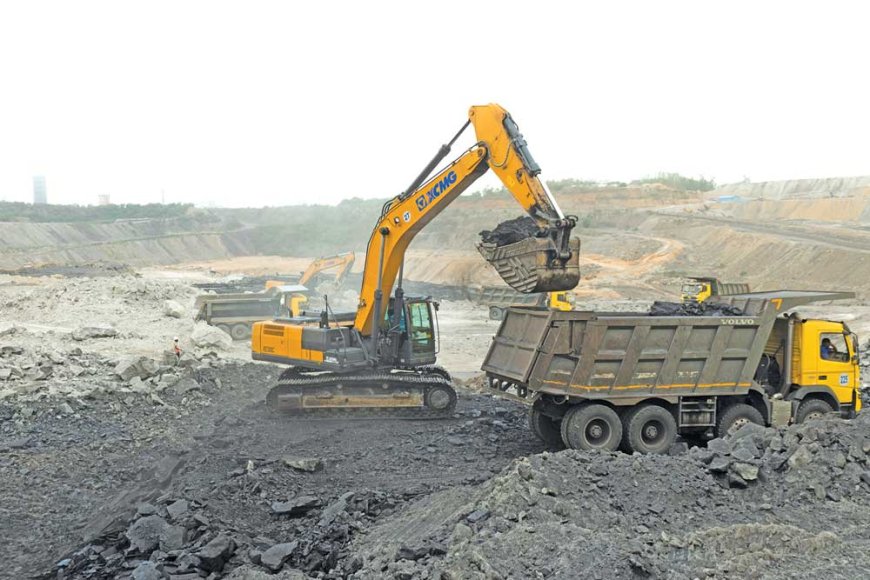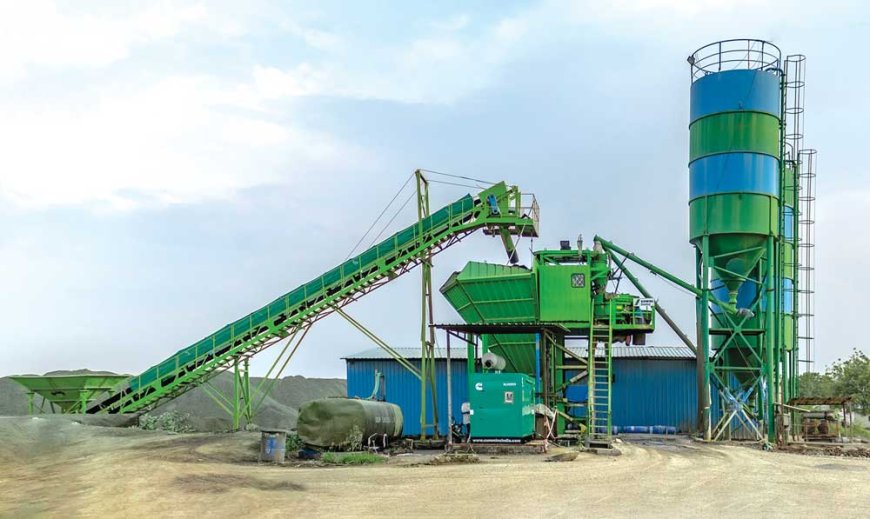IESC has been instrumental in shaping the construction equipment industry’s skill landscape in India.

How do you look at the 10-year journey of Infrastructure Equipment Skill Council (IESC) as an apex skilling body for construction equipment?
The 10-year journey of the Infrastructure Equipment Skill Council (IESC) has been instrumental in shaping the construction equipment industry’s skill landscape in India. As an apex skilling body, IESC has set benchmarks and developed a structured framework for skilling and certification, which has greatly contributed to enhancing the competency of equipment operators. Their collaboration with industry stakeholders has ensured that the training programs are aligned with real-world demands and technological advancements. The council’s efforts have significantly uplifted the overall skill level and professionalism within the industry, setting a strong foundation for future growth.
How do you assess the current skill level of construction equipment operators in the industry?
The current skill level of construction equipment operators varies widely, but there has been a notable improvement due to increased focus on training and certification. Many operators are now better equipped with both theoretical knowledge and practical skills to handle sophisticated machinery efficiently and safely. However, there still exists a gap in advanced technical skills and familiarity with emerging technologies. Continuous training and upskilling are essential to bridge these gaps and ensure that operators are fully prepared to meet the evolving demands of the industry.
What inspired your company to develop training and skilling initiatives for construction equipment operators?
Our commitment to excellence and safety in construction operations inspired us to develop comprehensive training and skilling initiatives for construction equipment operators. Recognizing the critical role that skilled operators play in the efficiency and safety of construction projects, we aimed to create programs that not only enhance their technical abilities but also ensure adherence to safety protocols. By investing in training, we ensure that our equipment is operated at optimal performance levels, thereby reducing downtime and increasing productivity for our clients.

Briefly outline the objectives and goals of your training programs for operators. Could you describe the structure and format of your training programs?
Our training programs aim to equip operators with the necessary skills to operate and maintain construction equipment safely and efficiently. The objectives include improving operational efficiency, ensuring adherence to safety standards, and enhancing preventive maintenance practices. The training structure includes both theoretical and practical sessions covering equipment operation and controls, safety procedures, preventive maintenance, and troubleshooting. Programs vary in duration based on the complexity of the equipment and are conducted by experienced trainers either at our state-of-the-art training center or at the customer’s location.
What challenges or gaps have you identified in their skill sets?
We have identified several challenges and gaps in the skill sets of construction equipment operators, including a lack of advanced technical knowledge, limited familiarity with new technologies, and inconsistent adherence to safety protocols. Additionally, there is often a gap in preventive maintenance skills, leading to increased equipment downtime and inefficiency. Addressing these gaps through targeted training programs and continuous upskilling is essential to enhance overall operational effectiveness.
What specific skills and competencies do these programs aim to develop in operators?
Our training programs aim to develop a range of skills and competencies, including:
• Proficient operation and control of various construction equipment
• Adherence to safety procedures and protocols
• Effective preventive maintenance techniques
• Advanced troubleshooting abilities
• Understanding and application of emerging technologies in construction equipment
These competencies are critical for ensuring that operators can manage equipment safely and efficiently, thereby optimizing project outcomes.

How do you incorporate emerging technologies into your training initiatives?
We incorporate emerging technologies into our training initiatives through the use of equipment simulators, virtual reality (VR), augmented reality (AR), and telematics. These technologies provide a realistic and interactive training environment, allowing operators to experience real-time machine operation without safety risks. Additionally, we integrate IoT and AI tools to enhance predictive maintenance training and remote monitoring capabilities. These technological integrations ensure that our training programs remain at the forefront of industry advancements.
How important do you think certification is for construction equipment operators in today’s industry? How do you evaluate the effectiveness of your training programs?
Certification is extremely important for construction equipment operators in today’s industry as it validates their skills and knowledge, enhancing their employability and ensuring compliance with industry standards. We evaluate the effectiveness of our training programs through post-training assessment tests, feedback from operators and their supervisors, and performance indicators such as fuel consumption, productivity, and equipment downtime. This comprehensive evaluation helps us continuously improve our training offerings and ensure they meet industry needs.








